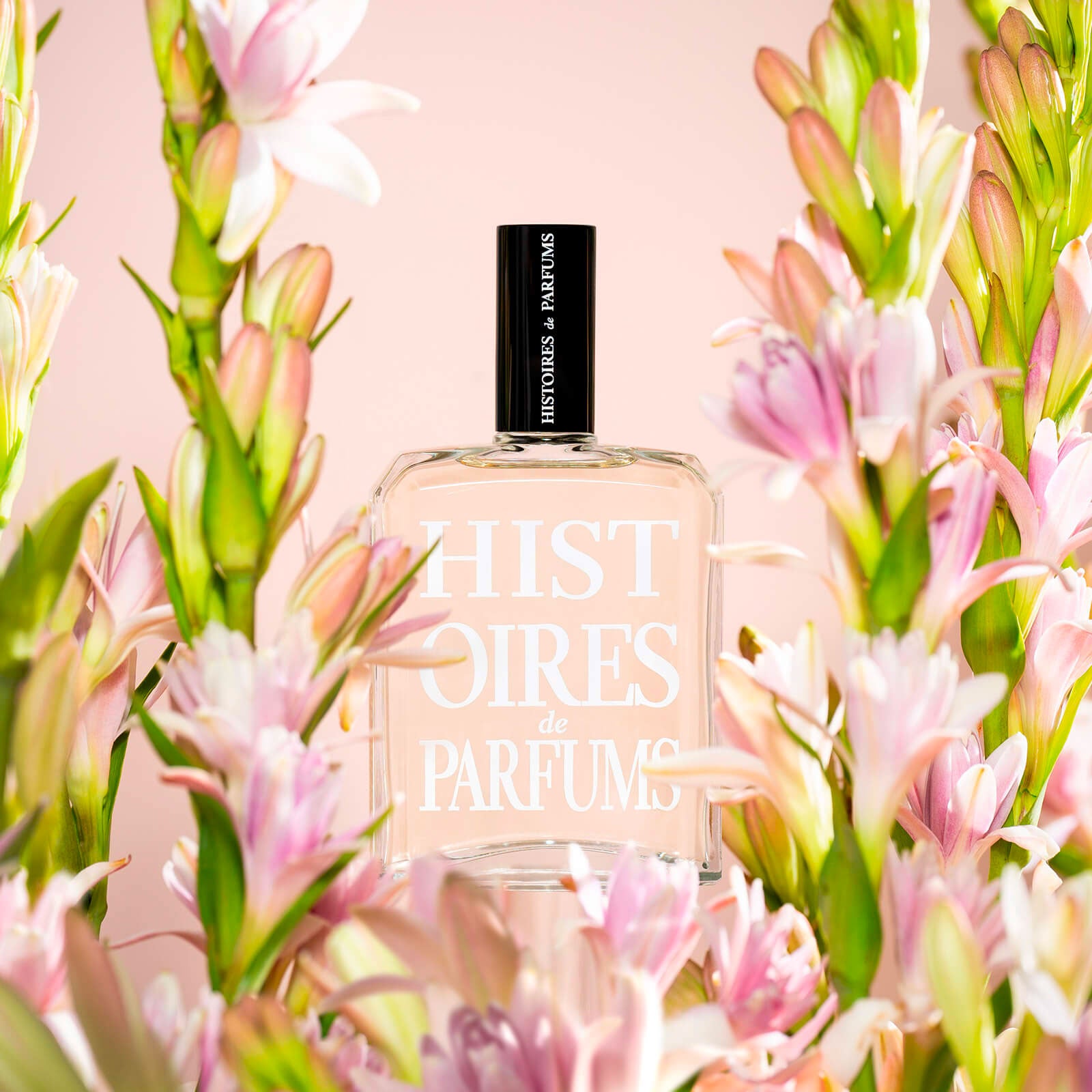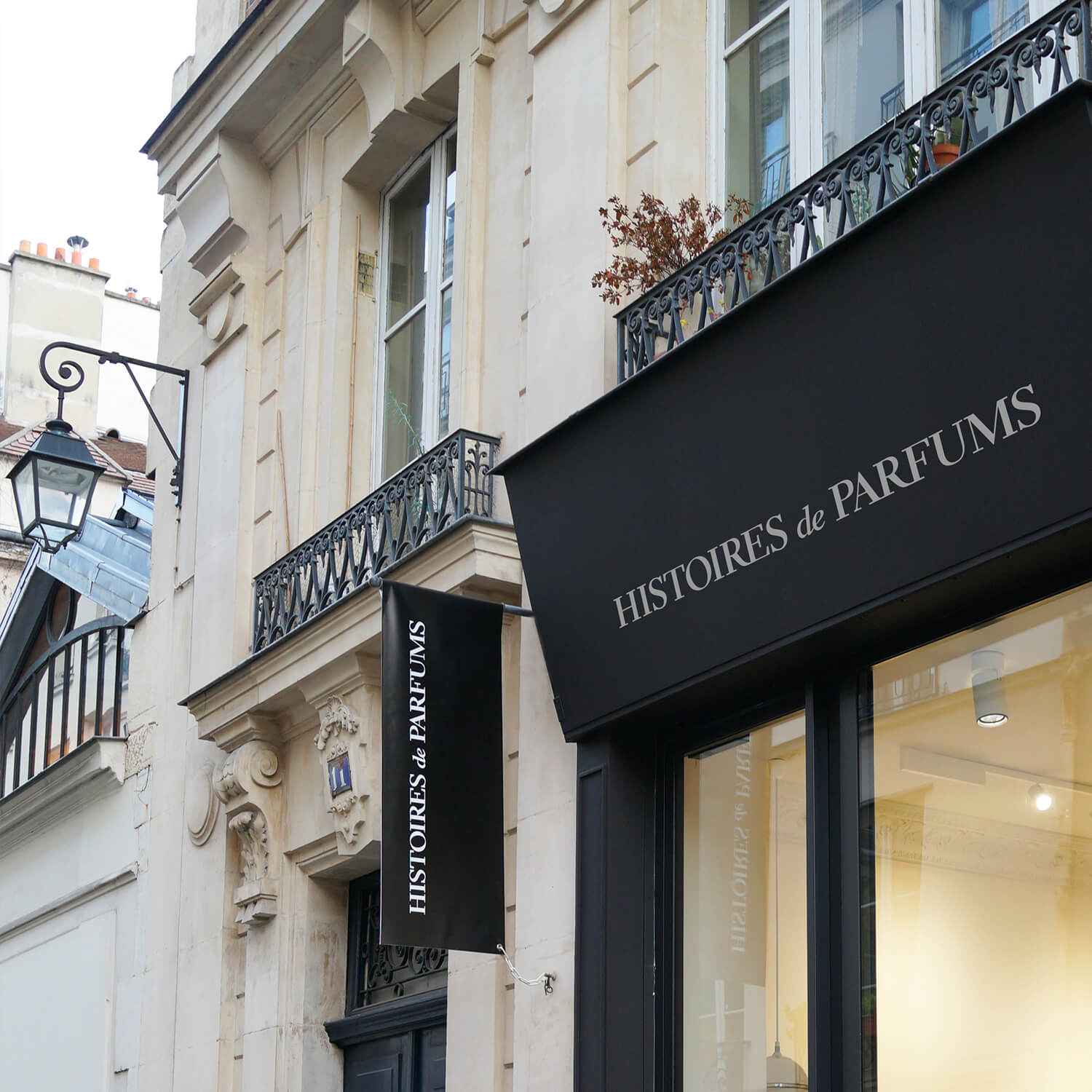Natural Perfume vs. Synthetic Perfume ?
The natural scents, like their title indicates, are sourced directly from the wild. There are multiple ways to obtain them (distillation, hyper-criticized C02 extraction etc.) Synthetic fragrances on the other hand, use chemistry and aromatic molecules to create new scents or imitate natural scents.
It's through the discovery of synthesis in the XIXth century that perfumery became accessible and began its industrial era. Synthesis enabled creators to develop new scents and increase their range of fragrances.
New fragrances are still being discovered today. Around 2000 molecules are discovered every year in specialized perfume labs. However, amongst those 2000 molecules, only ten are saved and put on the market. The latest molecule which grabbed the public's attention, and is now in many perfumes is Ambroxan.
Currently, more than 99.99% of all perfumes on the market are made up of both synthetic and natural ingredients. Synthetic scents not only allow producers to highlight the natural ingredients featured in the perfume, but also help recreate the smell of natural flowers and create the smell of flowers such as lilies that cannot be distilled.
Another factor that influences perfumers to use synthetic molecules is regulation. For example, many materials once used at their natural state have been banned by health authorities, such as those found in the animal kingdom.
Technically speaking, synthesis allows perfumers to create more potent and specific scents than those that would come from natural flowers. For example, "headspace" is a technique that is capable of recreating the smell of flowers, or of natural environments such as rivers and forests. The scent of roses for example, is marked by stronger flowery hints when created with headspace then when extracted as an essential oil.
The limited number of available flowers and the complexity of their structure limit the creativity of perfumers, while synthetic perfumes open doors to a multitude of possibilities.
Combining both synthetic and natural perfumes allows perfumers to transcend all boundaries to create a varied and expansive palette of fragrances.
Natural and synthetic scents are thus two sides of the same coin. They are interdependent and complimentary, much like Ying and Yang.




Leave a comment
This site is protected by hCaptcha and the hCaptcha Privacy Policy and Terms of Service apply.